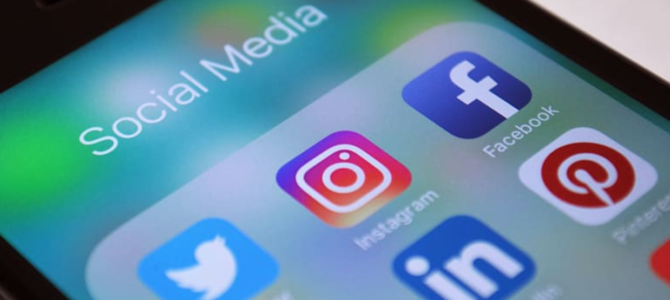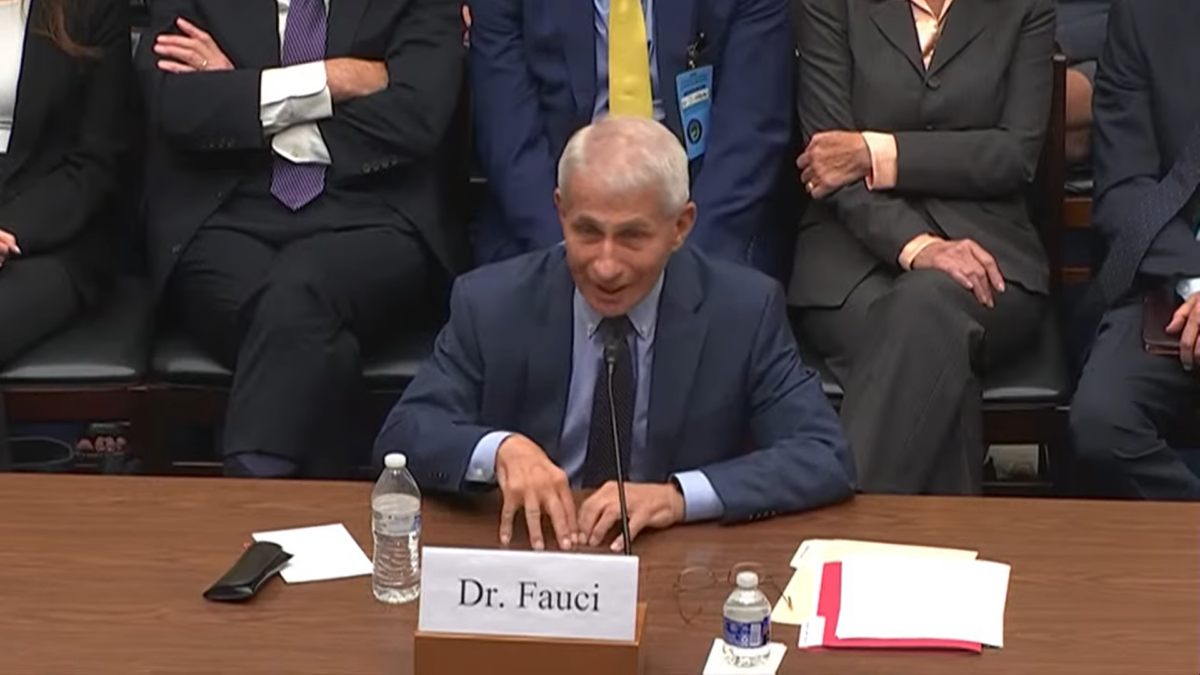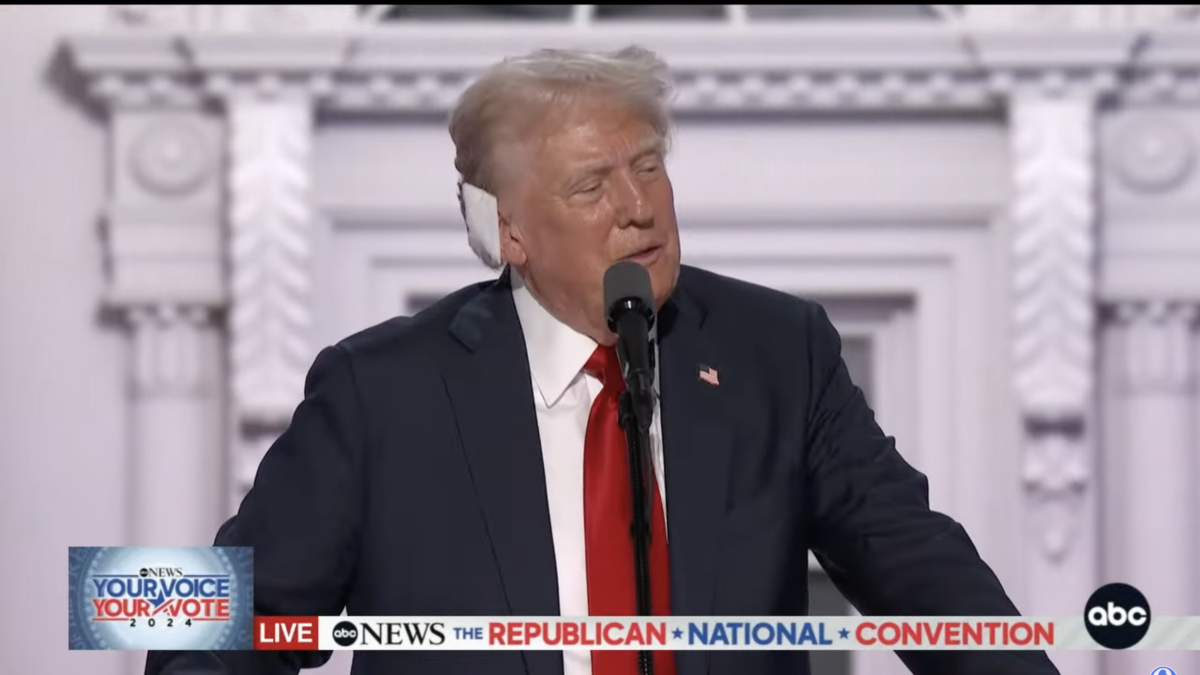
Support for taking only the most extreme measures to combat the Wuhan virus is the prevailing opinion these days, and mainstream and social media have been quick to suspend and stigmatize those with dissenting views.
Even presidents and celebrities are being censored. Multiple media outlets now refuse to cover President Donald Trump’s press briefings on the Wuhan virus. Twitter has banned posts from Brazilian President Jair Bolsonaro, Rudy Giuliani, conservative activist Charlie Kirk, and Fox News host Laura Ingraham for allegedly violating their terms of service. Facebook will implement similar measures against “Covid deniers.”
These voices are all being shut down for the same reason: They are presumed a threat to public health. Media elites and favored experts claim that by spreading misinformation and encouraging false hope, these people undermine all serious efforts to reduce the spread of the coronavirus and limit its damage. Although there is still insufficient data on the pandemic to determine whether the Wuhan virus is more comparable to seasonal flu or the bubonic plague, there is apparently enough data to end any debate on how to respond to it.
The Left Loves to Silence Dissent
If this sounds familiar, that’s because the left takes this position with nearly every important issue, asserting that their views on topics such as climate change, gun violence, abortion, and gender are beyond debate and should be handled only by experts, clueless celebrities, and public officials who aren’t Republican. When they cannot simply cancel and ignore those who disagree, they predictably attack them as deniers, bigots, and murderers.
In other words, leftists in media and government believe the United States should follow the example of China, an authoritarian regime that silences dissent, enforces uniformity of thought, and takes brutal measures with its population. It’s no coincidence that three of the largest American newspapers issued an open letter to China, pleading for forgiveness and permission for their reporters to return. They believe in the China model and want its business — even if it brutally oppresses and exploits nearly 1.4 billion innocent people daily.
Clearly, these leftists do not believe in the American ideal of free speech. Rather, they seem to consider the First Amendment an outdated right that hinders progress, hurts people’s feelings, and threatens the common good. At best, they tend to think of free speech in abstract terms: In theory, it is important that people be free to express themselves, but in practice, society should place limits on certain kinds of expression, such as hate speech.
The hysterical reaction to the Wuhan virus, however, actually demonstrates the great necessity for free speech. When debate ceases and one side of an issue dominates, the result is mass ignorance, social instability, and a failure to solve problems — the very things the left attributes to free speech.
By contrast, when people can freely debate a public issue, they will be left more informed, better coordinated, and closer to a real solution. The first step in responding to the coronavirus must be allowing honest discussion among all people and debunking the faulty reasoning that leads to speech suppression.
Free Speech Would Counteract Bad Information
Most platforms and publishers (although the two are often synonymous) cite misinformation as the main reason for halting coverage or removing postings. However, this reason wrongly assumes three things: 1) Companies are authorities that can determine truth from falsehood, 2) facts (provable) and opinions (argued) are equally objective concepts that can be measured as true or false, and 3) people cannot evaluate ideas for themselves.
This confusion has resulted in more misinformation about the Wuhan virus, not less. If people believe established media outlets, they will think the virus is far deadlier and widespread than it really is and that the young are as threatened by the virus as the elderly when they are not. They will believe hospitals everywhere are suddenly overwhelmed as though this hasn’t happened before.
They will doubt the effectiveness of chloroquine despite the evidence proving otherwise, yet they will unquestionably accept mandatory quarantines for a virus that may have already been circulating for the past five months. Finally, they will somehow believe China was not the source of the virus and that the perpetually dishonest Chinese government is entirely trustworthy in accurately reporting the numbers of cases and deaths in the country.
At the very least, these points should be debatable. If they are false, they can be corrected. If they are true, people can act on them. Without debate, the falsehoods will multiply, and a growing number of people will begin to have doubts. In communist countries such as China, this may not matter since information can be controlled and people can be conditioned. In free democracies such as the United States, many people still think for themselves and eventually resist hype and propaganda.
Even if many of these debates are not fully resolved, free speech still leads to a more informed population overall. Anyone who has engaged in an argument online can attest to this truth. One side makes his case, citing his sources and articulating his points. Then the other side evaluates those points and raises objections.
This can go back and forth endlessly and, in true Socratic fashion, leave both sides much wiser, if not in agreement. Such learning doesn’t happen when certain viewpoints are considered dangerous and thereby blocked.
Don’t Cripple Information Consumers
Similarly, experts must also engage in debate to reach a better understanding of the problem at hand, testing theories and models to discover better solutions. When experts stop debating, narratives take over, and logical fallacies and unsubstantiated beliefs proliferate. This has been the case with climate change for the past few decades and will likely be the case with public health for the next few.
But if people try to argue these matters for themselves, won’t they take matters into their own hands and reject expert advice? Quite the opposite. People who know more about an issue tend to follow experts much more willingly than those who follow blindly. An informed community can rely on their own common sense while an ignorant community relies on credibility, something most media outlets famously lack.
For all these reasons, attempts at eliminating perceived misinformation and encouraging constructive solutions has led only to more lies and economic catastrophe. On the bright side, a few might benefit from this situation, like the media that now has a captive audience and the government that effectively put everyone in a state of dependency.
As for the rest of the country, they will be forced to sit helplessly at home another month, quietly panicking about a virus they will never understand because they are not allowed to talk about it.









